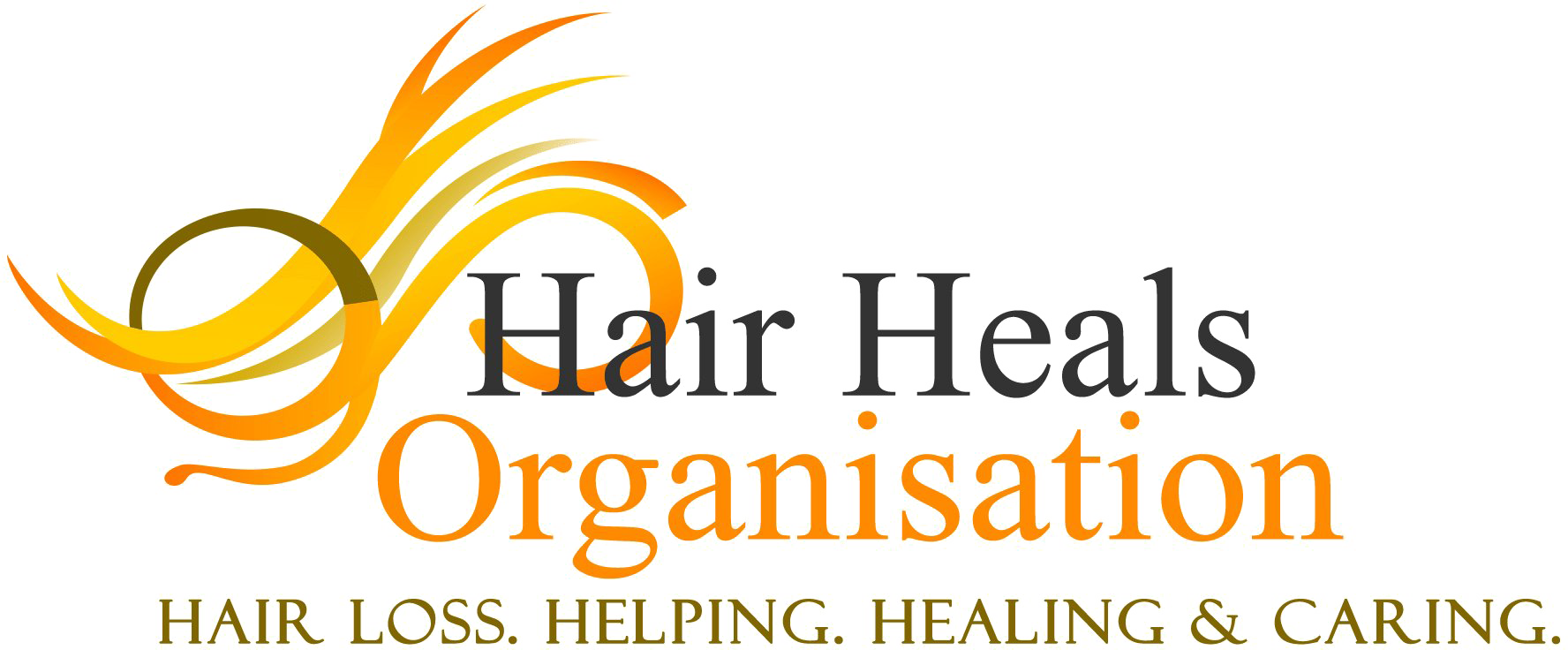Why grocery store shampoos can cause hair loss, causing alopecia

Several reports have surfaced of people being traumatised and left in tears when clumps of her hair started falling out in the shower. Throughout the night and the following morning, large chunks were still falling out, with many posting photos to social media to show bald patches left on their scalp.
If you colour, perm, or relax your hair, you could be damaging your hair. Over time, this damage can lead to hair loss
As with all health products, however, hair loss products have their own unique formulation. Products can also vary in effectiveness and specific products are not right for everyone.
Is regrowth possible?
By changing how you take care of your hair, you can prevent hair loss. If a hair follicle is damaged, it cannot produce hair, but if there are many damaged follicles, permanent baldness results.
Are there any story tips you would like to share with us for our blog? Would you be interested in contributing to the blog of our organisation as a volunteer? Email: info@hairheals.org.uk

As the first non-profit in the UK to support people with alopecia to develop mental well-being, emotional health and self-confidence, we incorporate positive arts and cultural activities to facilitate acceptance that will help them reach their full potential.